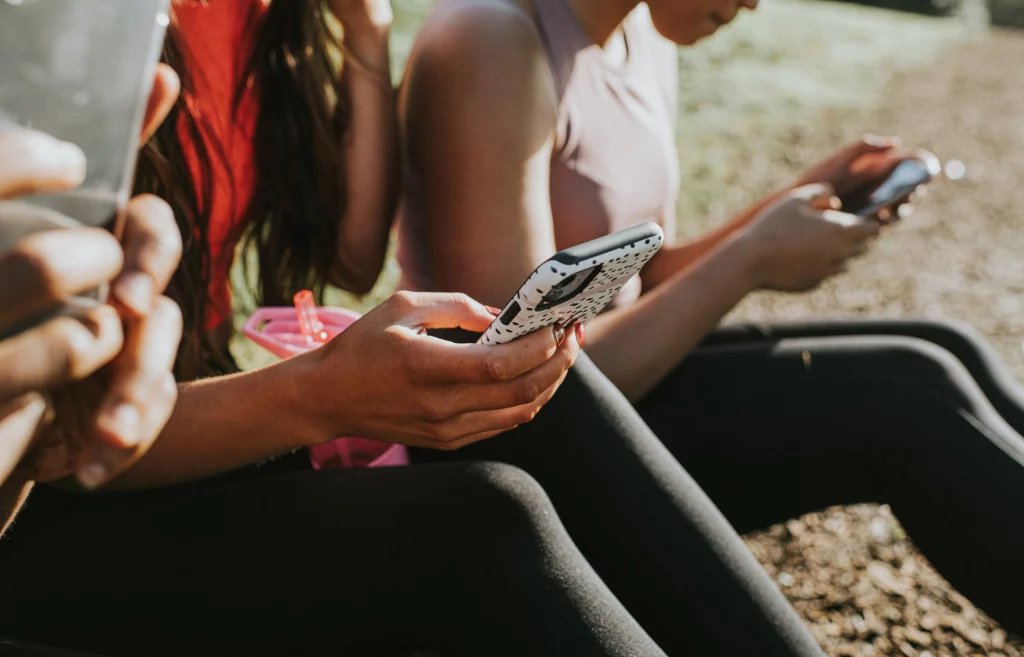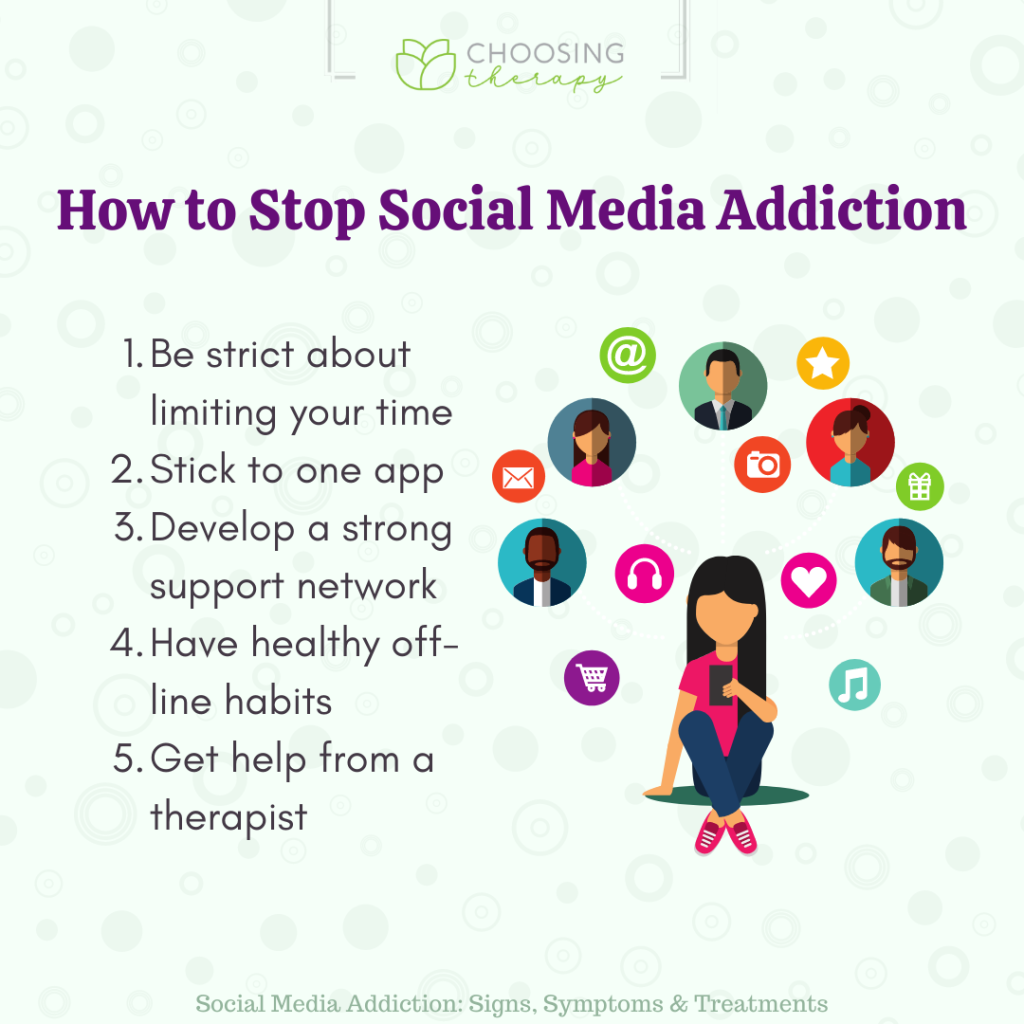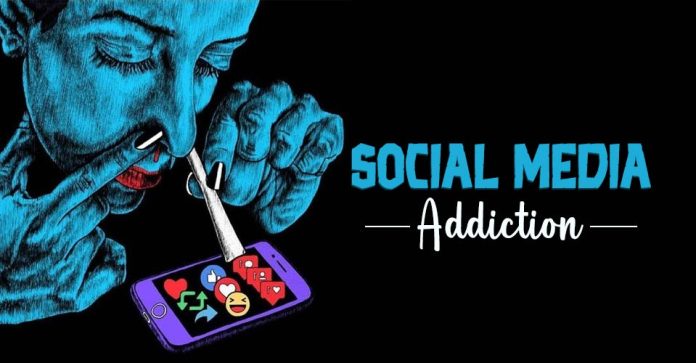Social media can be both good and bad, depending on how it is used.
On the positive side, social media can be a great way to stay connected with friends and family, especially if you are unable to see them in person. It can also be a useful tool for networking and building professional relationships. In addition, social media can be a source of information, entertainment, and support. For example, you can use social media to learn about current events, discover new hobbies or interests, and connect with others who share similar experiences.
However, there are also potential negative aspects of social media. It can be addictive, and some people may spend too much time on it to the detriment of other activities. Additionally, there is a risk of online bullying, harassment, and other negative interactions on social media. There is also the issue of privacy, as social media platforms often collect and share user data.

Social media can have many negative effects on individuals and society. Here are a few examples:
- Mental health issues: There is growing evidence that excessive use of social media can lead to problems such as depression, anxiety, and low self-esteem. Comparing oneself to others online, seeing only the highlight reel of people’s lives, and being subjected to constant negativity can all take a toll on one’s mental health.
- Cyberbullying: Social media has made it easier for bullies to harass and intimidate others, sometimes with anonymous accounts. This can lead to serious emotional and psychological harm, especially for young people.
- Misinformation: Social media platforms can be a breeding ground for misinformation, as it is easy to spread false or misleading information quickly to a large audience. This can have serious consequences, such as promoting conspiracy theories or undermining public health efforts.
- Privacy concerns: Social media companies often collect and share user data with third parties, which can raise concerns about privacy and the potential for misuse of this information.
- Social isolation: While social media is supposed to connect us with others, it can also contribute to a sense of social isolation. Spending too much time online can take away from in-person interactions, leading to a feeling of disconnection from the real world.
- Negative impact on personal relationships: Social media can also have a negative impact on personal relationships, as it can lead to misunderstandings and conflict, or contribute to a sense of FOMO (fear of missing out).
Overall, it is important to use social media in moderation and to be aware of its potential negative effects. It is also important to be mindful of one’s own behavior online, and to consider the impact that social media posts may have on others.

Here are a few tips for managing your social media addiction:
- Set limits: Consider setting limits on how much time you spend on social media each day, and stick to those limits. You can use tools such as screen time tracking apps to help you monitor your usage.
- Take breaks: Try taking regular breaks from social media, such as a few hours each day or a full day each week. This can help you disconnect and focus on other activities.
- Find alternative activities: Find other things to do when you have the urge to check your social media accounts. Consider hobbies, exercise, or spending time with friends and family.
- Turn off notifications: Consider turning off notifications for social media apps, or moving them to a separate folder on your phone to reduce the temptation to check them constantly.
- Seek support: If you feel like you are struggling with an addiction to social media, it can be helpful to seek support from friends, family, or a mental health professional.
By making these changes, you can learn to use social media in a healthier and more balanced way.







